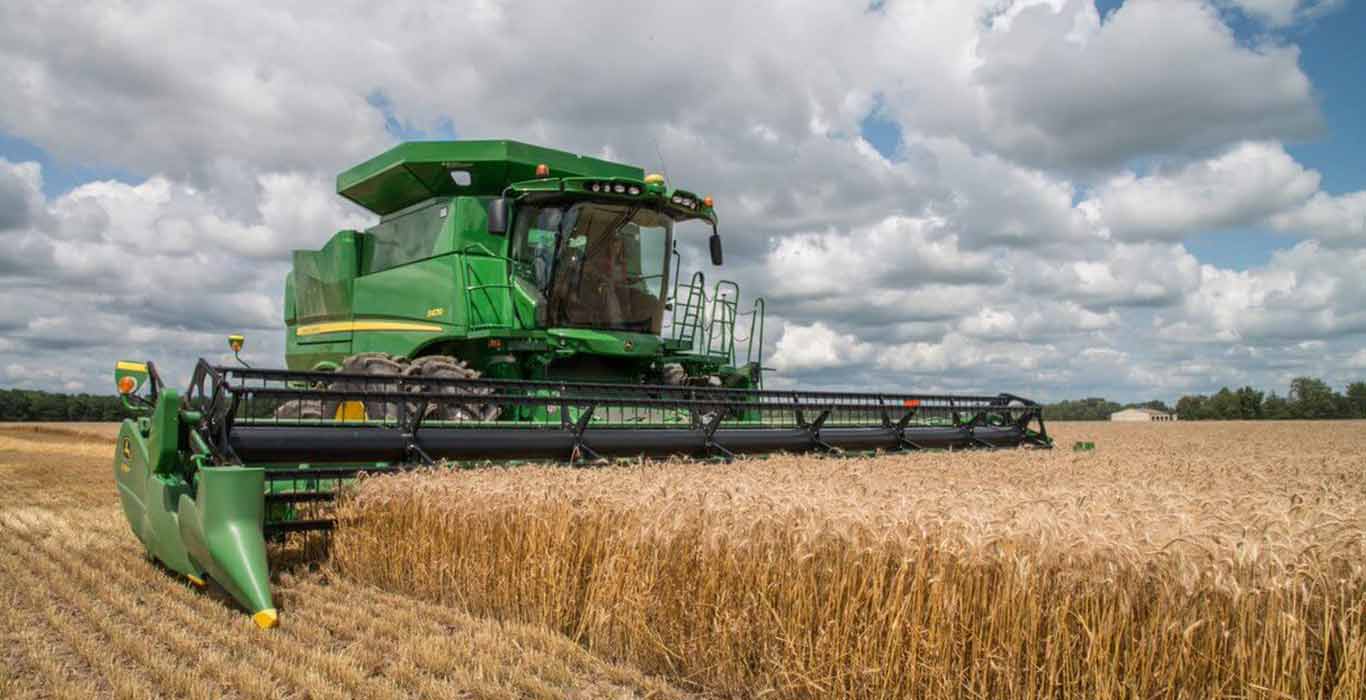Welcome To ChemAnalyst

Based on information about crop and grain supply forecasts, the world is heading toward the tightest grain inventories in years despite the resumption of exports from Ukraine. The harvests from other significant crop producers are smaller than anticipated, and the shipments are too few.
The possibility of famine is increasing in some countries as a result of bad weather in important agricultural regions, including the United States, France, and China.
Although importers, food manufacturers, and livestock producers had hoped crop availability would improve after war-torn Ukraine resumed shipments from Black Sea ports this summer and U.S. farmers planted large crops. The United States, the world's biggest producer of maize, is currently expected to harvest its weakest corn crop in three years. Drought also punished European harvests and threatened South America's impending planting season.
By the end of the crop year 2022–2023, the global reserve stocks of grain, including corn, will be enough for just 80 days' worth of consumption, down 28% from five years ago and the lowest level since 2010/11, according to the market analysis.
More bad weather could significantly reduce global supply, especially if the current dry conditions in South America continue during the main planting season as the crop cycle shifts to the southern hemisphere. Thousands of miles away in the United States, South Dakota grain grower Mark Gross expects to harvest as few as 20 bushels per acre on some fields this autumn, down more than 80% from the local average last year, after drought and fierce winds ravaged his land.
Climate change's impact on crop productivity and the rising demand for livestock that eat grain, which depletes stockpiles, are both factors in the shortage of grain. At the end of this crop year, global stocks of all harvested grain will reach an eight-year low, according to the International Grains Council.
As per the ChemAnalyst database, the prices of grains remain unstable for the upcoming months as the weather conditions remain unpredictable, and further market dynamics are not going to vanish soon.
We use cookies to deliver the best possible experience on our website. To learn more, visit our Privacy Policy. By continuing to use this site or by closing this box, you consent to our use of cookies. More info.
